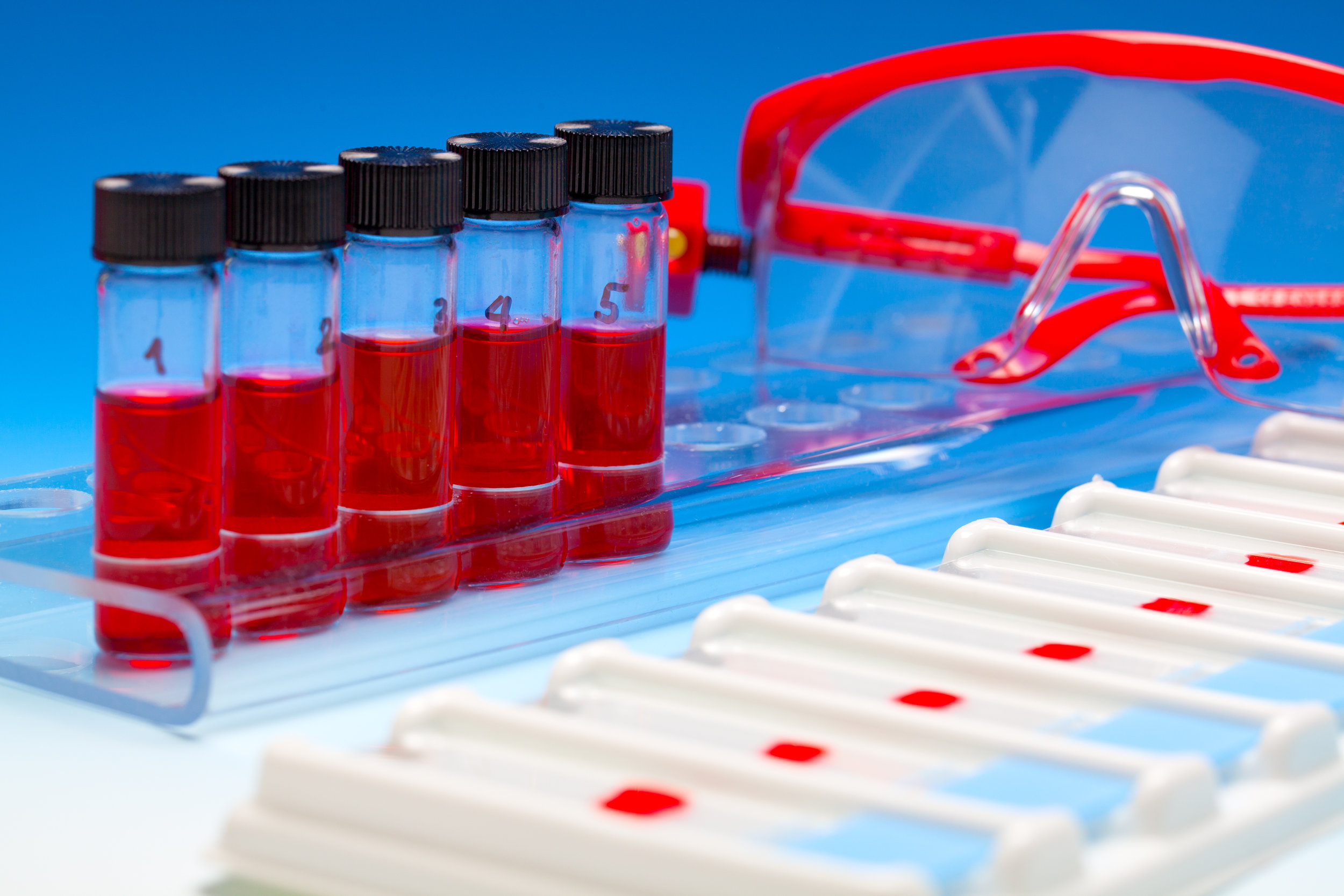The Future of Cancer Diagnosis: Liquid Biopsies
/When your doctor needs to get up and close and personal with your cancer, he orders a biopsy. The entire affected area may be removed (an “excisional” biopsy), or just a small sample (“incisional”). Sometimes he can get away with a “needle aspiration” biopsy, in which a sample can be drawn up through a syringe. Now, thanks to the work of scientists at Cedars-Sinai and UCLA, the biopsy family has a new member: “liquid.”
The new procedure makes use of a breakthrough in nanotechnology in the form of a postage stamp-sized chip containing wires 1,000 times thinner than human hairs. The nanowires are coated with antibodies, or proteins, that recognize, and can classify, circulating tumor cells.
Cancer can spread, or metastasize, when microscopic bits from a tumor flake off, travel through your bloodstream, and find a new place in your body to spread and grow. The new chip grabs hold of these “flakes” as they swim your bloodstream.
The device is called the NanoVelcro Chip, and its use in liquid biopsies could allow doctors to routinely monitor cancer-related changes in patients, such as how well they're responding to treatment.
"It's far better to draw a tube of blood once a month to monitor cancer than to make patients undergo repeated surgical procedures," said Edwin Posadas, MD, medical director of the Urologic Oncology Program at Cedars-Sinai's Samuel Oschin Comprehensive Cancer Institute and one of the lead investigators. "The power of this technology lies in its capacity to provide information that is equal to or even superior to traditional tumor sampling by invasive procedures."
The chip is particularly valuable to urologists as prostate cancer may be slow-growing and its metastasis often happens under the radar. As a result of the research performed by the chip developers, we now know that very small nuclei are associated with the spread of cancer to the liver and lung in patients with advanced cases of prostate cancer. Using the chip, doctors can now identify those nuclei before the metastases are detected.
"Minimally invasive methods to both diagnose and follow cancer, through simple blood tests, offer a unique and novel approach that can lead to earlier diagnosis and treatment, leading to more cures," said Robert A. Figlin, MD, director of the Division of Hematology Oncology and deputy director of the Samuel Oschin Comprehensive Cancer Institute at Cedars-Sinai.
Sources: Cedars-Sinai

